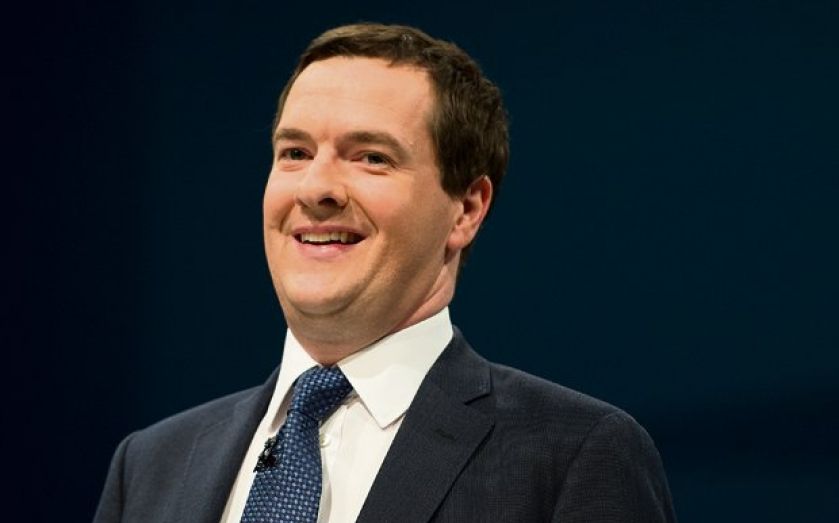Coalition split deepens over welfare budget

CHANCELLOR George Osborne has announced he will cut a further £12bn from the welfare bill if the Conservatives are in power after the 2015 general election.
In a speech in Birmingham yesterday, Osborne set out his economic plan for the next four years, describing 2014 as “a year of hard truths,” and adding that the job of fixing the economy is “not even half done.”
Osborne revealed plans to cut housing benefit for under-25s, and to tell those earning over £60,000 but living in council homes to find accommodation in the private sector. Osborne said his party would look to cut an additional £25bn by 2017-18, and at least half of that total would come from welfare spending. “This country is much poorer because of the economic collapse six or seven years ago, and families feel that,” he said. Speaking on the BBC’s Today programme, the chancellor poured cold water on rumours that he would look to make savings by cutting pensioner benefits. “If you were going to be looking for savings in welfare, pensioner benefits is not the place that I would first turn to. I would look at housing benefit for the under-25s,” he said. But business leaders remain unconvinced. James Sproule, chief economist at the Institute of Directors, said: “We welcome the idea of creating a permanently smaller state, and we agree with the need to find further savings in the welfare budget. How these two aims square with a simultaneous commitment to protecting the largest area of welfare spending remains to be seen.”
It is the first time the chancellor has spoken about his plans post-2015, and signals a deepening split between the two coalition parties on how to reduce the deficit.
In a speech yesterday deputy prime minister Nick Clegg said he thought the Conservatives were making “a really big mistake” by focusing on cutting the welfare budget. Instead, he said, the Liberal Democrats would seek to introduce a mansion tax and look at removing universal pensioner benefits to avoid “balancing the books on the backs on the poor.” Drawing his own battle lines, Clegg accused the Conservatives of being “a chameleon party when it comes to tax priorities.”